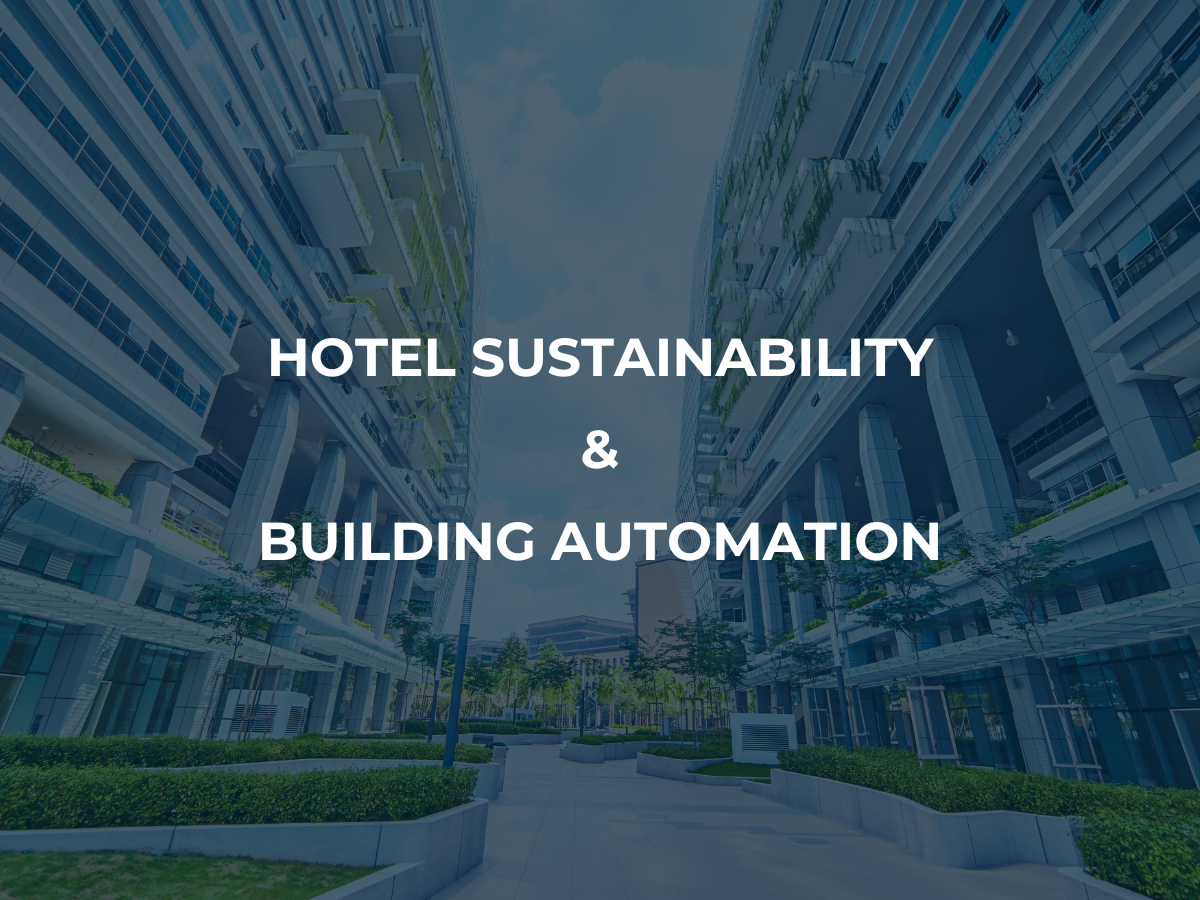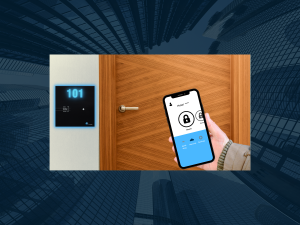DISCOVER HOW HOTEL AUTOMATION TRANSFORMS YOUR PROPERTY INTO AN ECO-SUSTAINABLE HOTEL
The Rise of Eco-Conscious Hospitality
The hospitality industry is at a crossroads. Travelers are increasingly prioritizing eco-friendly destinations, and hotels must adapt to meet this growing demand. Numerous market studies support this assertion:
-
Expedia Travel Group 2022 Sustainable Travel Study: 90% of travelers consider eco-sustainable solutions.
-
Intrepid Travel: Global Sustainable Travel Report 2022: “61% of travelers are more likely to book a travel experience that protects the environment.”
-
Booking.com Travel Sustainable Report 2023:
-
“64% of travelers are willing to book a sustainable hotel if the same price and quality are guaranteed.”
-
“43% of travelers are willing to pay more for a stay in a sustainable hotel.”
-
This trend is expected to continue, as younger generations, particularly under-35s, are more inclined towards green solutions. This segment will gain significant economic power in the coming years, becoming a primary target for hotel offerings.
The Hallmarks of a Sustainable Hotel
Given the need to cater to an increasingly eco-conscious clientele, the question arises: What are the characteristics of a sustainable hotel?
Numerous tools can reduce emissions and environmental impact, and hotel automation is one of them. In the following paragraphs, you’ll discover how hotel automation can transform your property into an eco-sustainable hotel in 4 steps.
1. In-Room Energy Savings
Reducing in-room energy costs is the first step. Continuously lit lights and overworked air conditioning units have a significant environmental impact, often resulting in hefty energy bills for hoteliers.
This is where hotel automation comes in, pleasing both guests and hoteliers. An intelligent technological ecosystem adapts climate control to room status and guest activities. This allows for maintaining high comfort standards while reducing air conditioning strain when the guest is not in the room or opens the windows. Air conditioning units adapt to external temperatures and surrounding environments, ensuring guest comfort with minimal effort.
Additionally, room services and lighting are managed according to the guest’s presence in the room. This dual function significantly reduces emissions, generating substantial energy savings.
2. Promoting Eco-Sustainable Behaviors
Through preset automations, interactive prompts, and gamification, hotel automation promotes sustainable behaviors. The advantage is twofold:
-
Greater reduction in consumption and consequent savings for the hotelier
-
Satisfaction and a sense of involvement and belonging for the most environmentally conscious guests
Intelligent automation prevents harmful manual controls for the environment and guests. It also suggests the most efficient climate control methods, such as an appropriate fan speed, a comfortable temperature, and the correct use of lights and climate control. Finally, it allows the hotelier to engage guests in targeted contests aimed at the conscious use of energy resources, introducing gamification dynamics to reward the most attentive guests.
3. Energy Efficiency
Hotel automation allows you to manage the entire structure from a control panel. The ability to plan, coordinate, manage, and program automations and services with a click, dividing them by areas and floors, is of fundamental importance for effective and efficient management.
The structure increases its energy efficiency in various ways, including:
-
Blinds and shutters automatically block sunlight in summer when the guest is not in the room or areas are empty, preventing the temperature from rising.
-
Doors and windows close automatically to reduce thermal inefficiencies.
-
Corridors and common areas are maintained at intermediate temperatures, preventing any environment from undergoing thermal shocks.
4. Sustainable and Durable Tools
Hotel sustainability is not just the result of careful and programmatic energy savings. Rather, it is the result of a philosophy that distinguishes every process.
Sustainability exists when the same tempered glass terminal can last without needing to be replaced for more than 10 years.
Sustainability exists when used items are not thrown away but are brought back into the production cycle to minimize waste and raw material consumption.
Sustainability exists when the use of disposable items is eliminated or when they are green and sustainable, such as access methods using a numerical code, app, or wooden and recyclable cards.
Sustainability exists when air conditioning units last 20% longer due to more linear operation.
An eco-sustainable hotel is one that takes care of every detail, from climate management to the design of services and processes. This is why it is necessary to rely on professionals in the sector with decades of experience. Like HCS by Airvent, which structures custom-made solutions to adapt cutting-edge technology to the specific needs of each reality.
**Want a free consultation on how to automate your hotel to reduce emissions?
Get in touch at info@airventhcs.com or +39 02 38202282





